

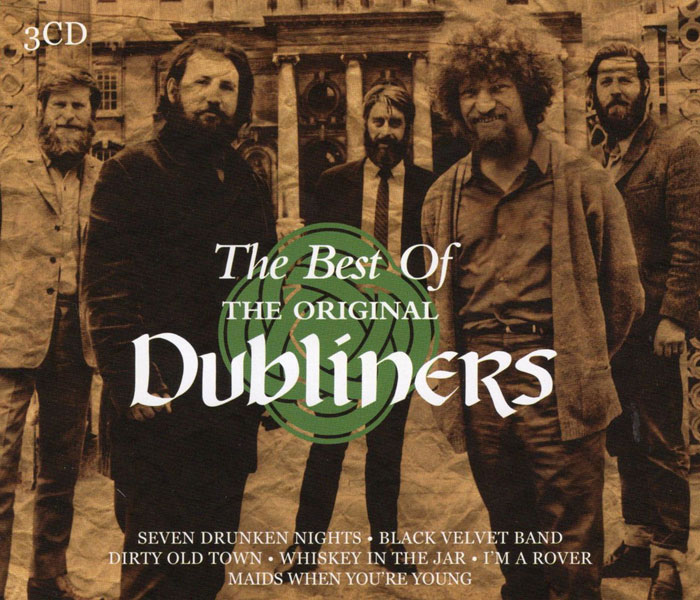 |
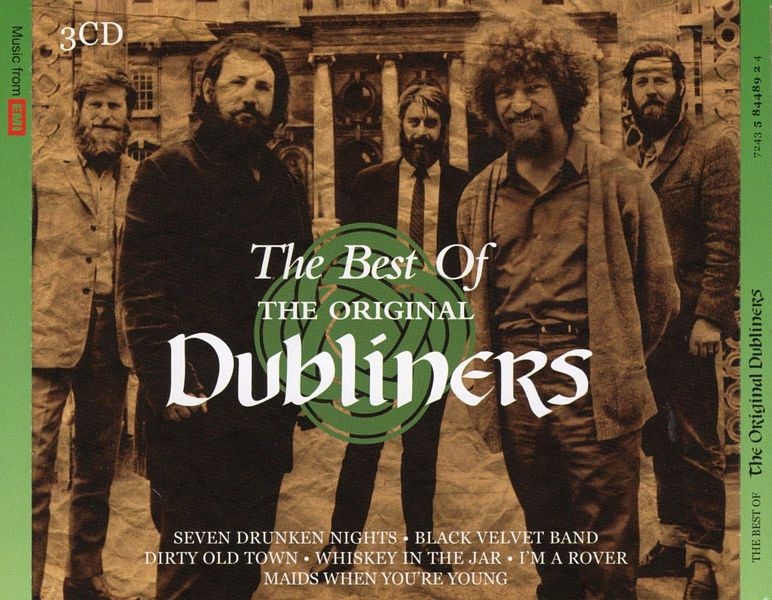
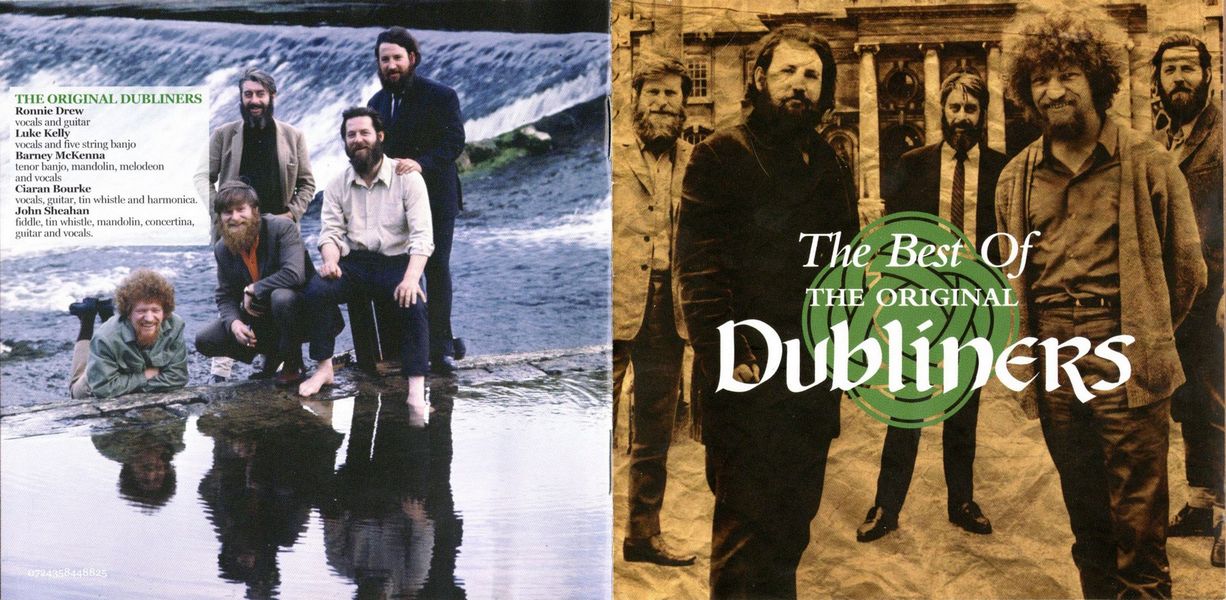
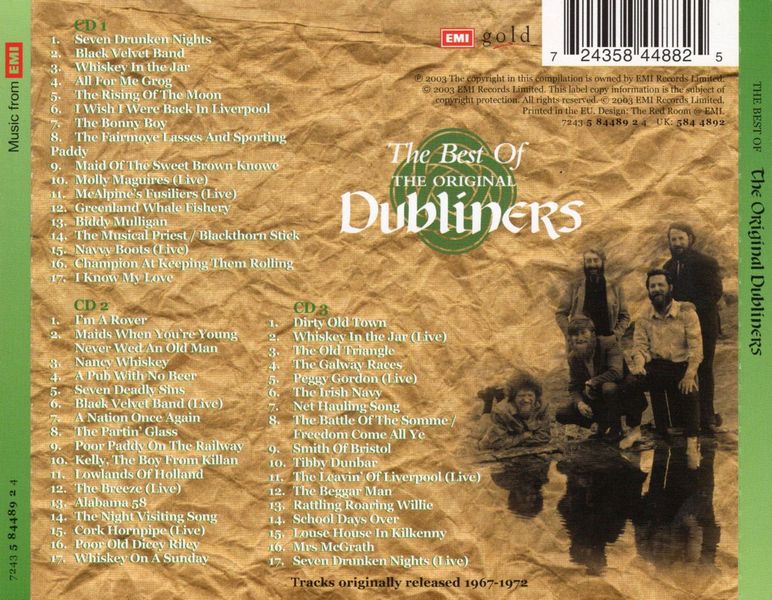 |
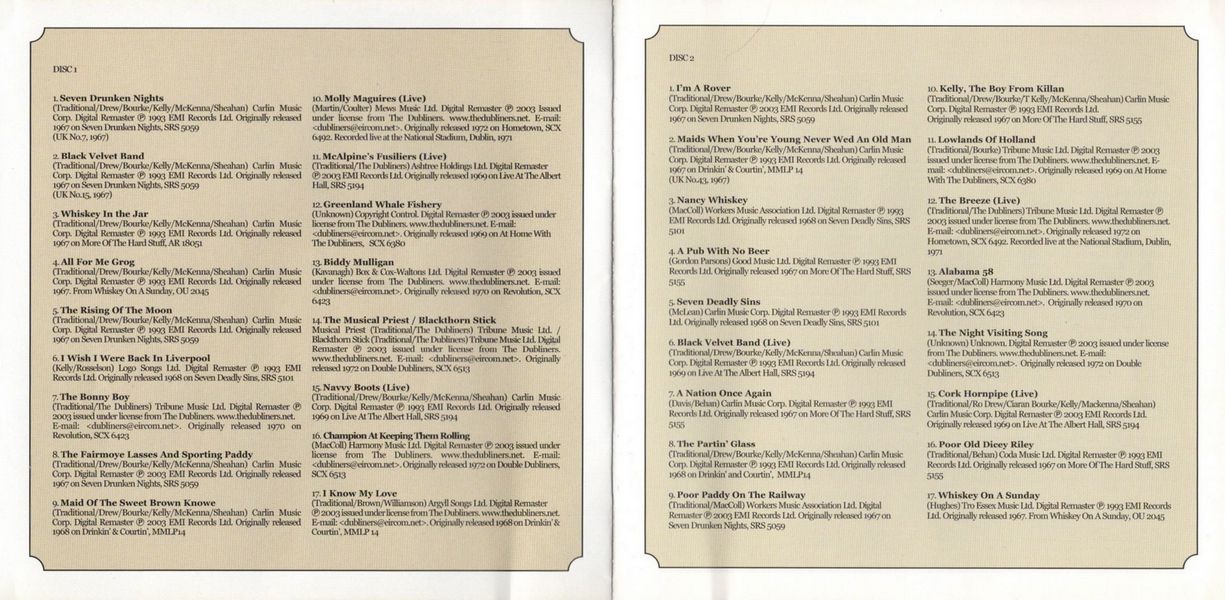
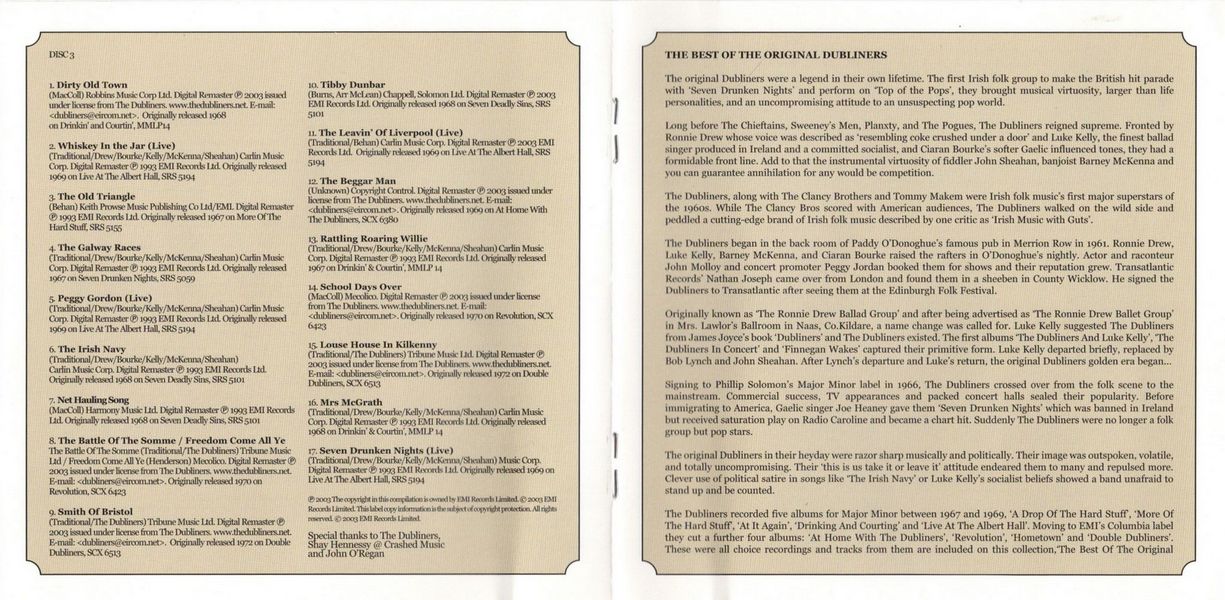 |
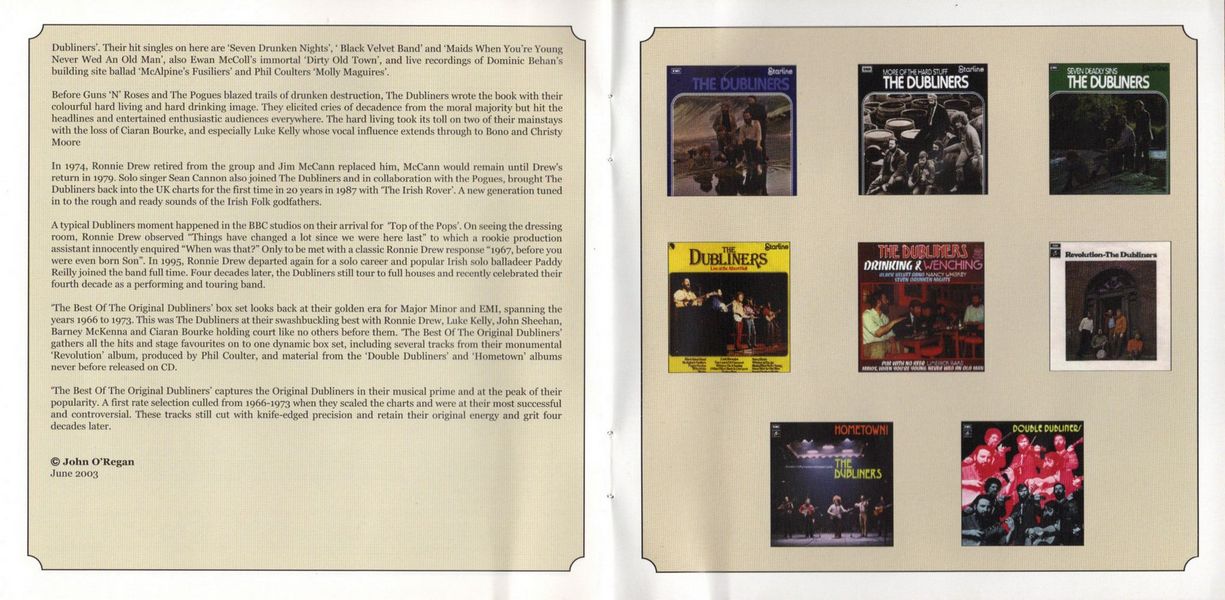
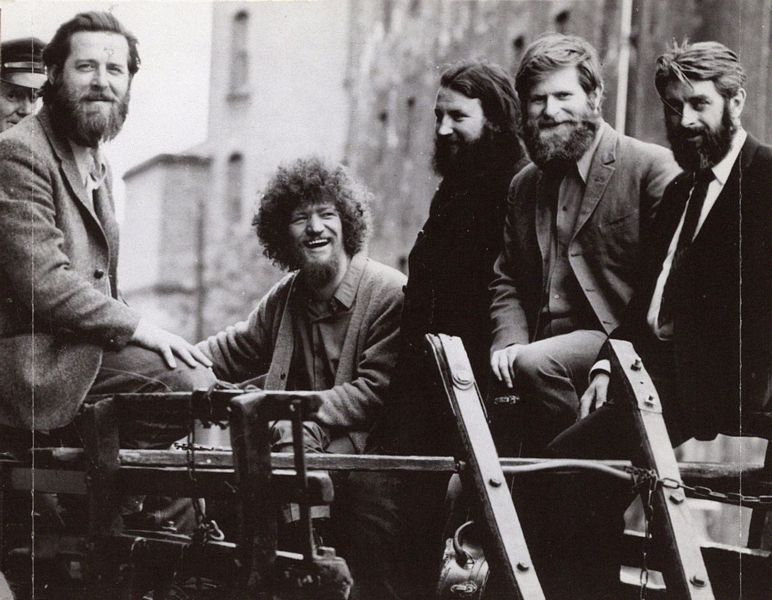
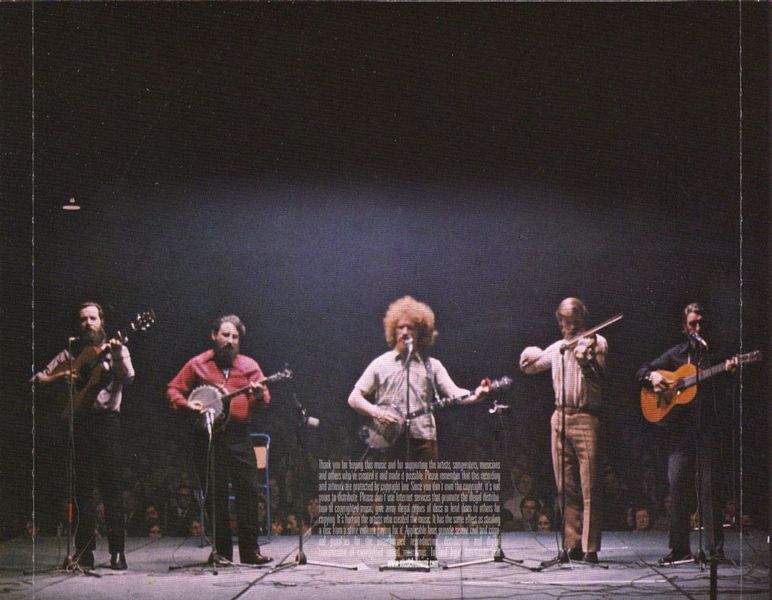 |
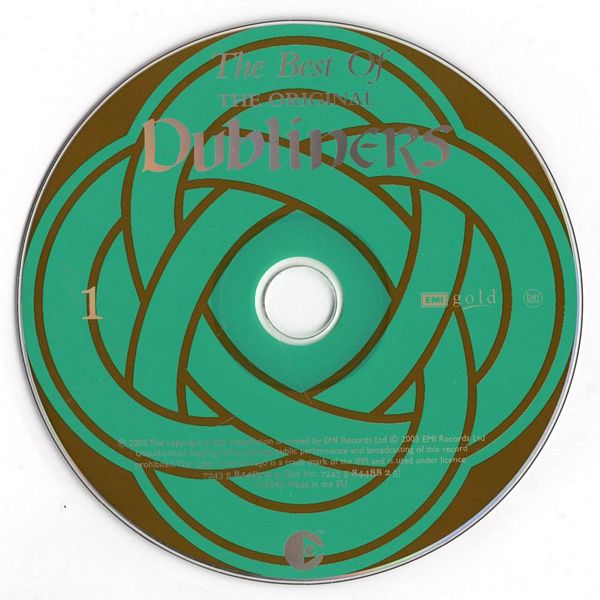
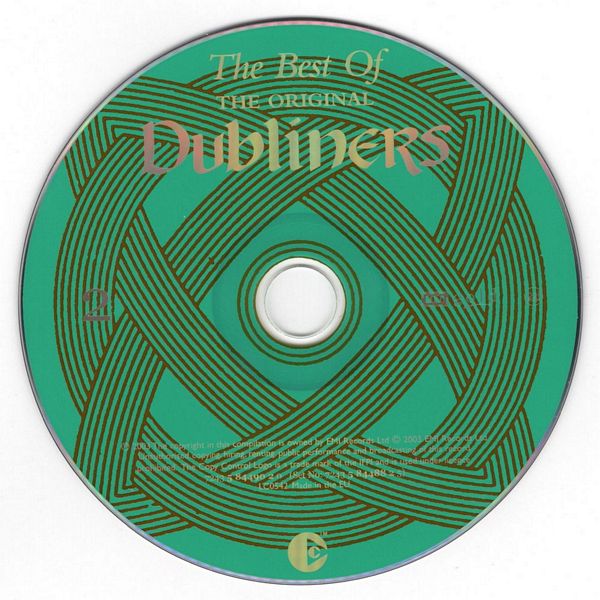
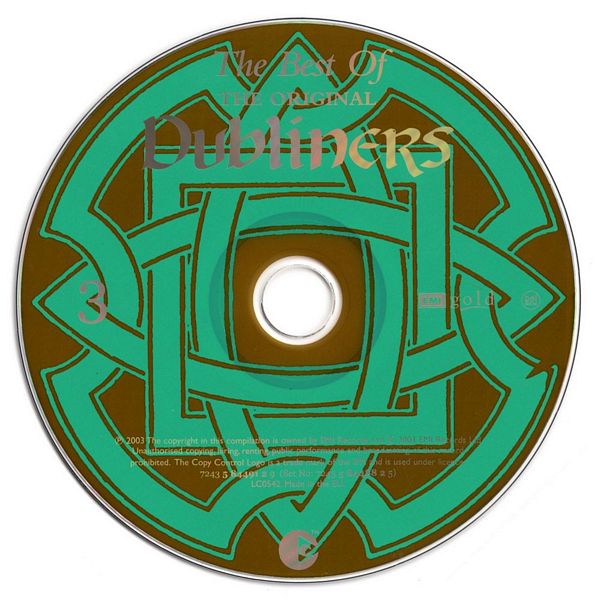 |
Sleeve Notes
The original Dubliners were a legend in their own lifetime. The first Irish folk group to make the British hit parade with 'Seven Drunken Nights' and perform on Top of the Pops', they brought musical virtuosity, larger than life personalities, and an uncompromising attitude to an unsuspecting pop world.
Long before The Chieftains, Sweeney's Men, Planxty, and The Pogues. The Dubliners reigned supreme. Fronted by Ronnie Drew whose voice was described as 'resembling coke crushed under a door' and Luke Kelly, the finest ballad singer produced in Ireland and a committed socialist, and Ciaran Bourke's softer Gaelic influenced tones, they had a formidable front line. Add to that the instrumental virtuosity of fiddler John Sheahan, banjoist Barney McKenna and you can guarantee annihilation for any would be competition.
The Dubliners, along with The Clancy Brothers and Tommy Makem were Irish folk music's first major superstars of the 1960s. While the Clancy Bros scored with American audiences. The Dubliners walked on the wild side and peddled a cutting-edge brand of Irish folk music described by one critic as 'Irish Music with Guts'.
The Dubliners began in the back room of Paddy O'Donoghue's famous pub in Merrion Row in 1961. Ronnie Drew. Luke Kelly, Barney McKenna, and Ciaran Bourke raised the rafters in O'Donoghue's nightly. Actor and raconteur John Molloy and concert promoter Peggy Jordan booked them for shows and their reputation grew. Transatlantic Records' Nathan Joseph came over from London and found them in a sheeben in County Wicklow. He signed the Dubliners to Transatlantic after seeing them at the Edinburgh Folk Festival.
Originally known as 'The Ronnie Drew Ballad Group' and after being advertised as The Ronnie Drew Ballet Group' in Mrs. Lawlor's Ballroom in Naas, Co. Kildare, a name change was called for. Luke Kelly suggested The Dubliners from James Joyce's book 'Dubliners' and The Dubliners existed. The first albums 'The Dubliners And Luke Kelly', 'The Dubliners In Concert' and 'Finnegan Wakes' captured their primitive form. Luke Kelly departed briefly, replaced by Bob Lynch and John Sheahan. After Lynch's departure and Luke's return, the original Dubliners golden era began …
Signing to Phillip Solomon's Major Minor label in 1966. The Dubliners crossed over from the folk scene to the mainstream. Commercial success. TV appearances and packed concert halls sealed their popularity. Before immigrating to America. Gaelic singer Joe Heaney gave them 'Seven Drunken Nights' which was banned in Ireland but received saturation play on Radio Caroline and became a chart hit. Suddenly the Dubliners were no longer a folk group but pop stars.
The original Dubliners in their heyday were razor sharp musically and politically. Their image was outspoken, volatile, and totally uncompromising. Their 'this is us take it or leave it' attitude endeared them to many and repulsed more. Clever use of political satire in songs like 'The Irish Navy' or Luke Kelly's socialist beliefs showed a band unafraid to stand up and be counted.
The Dubliners recorded five albums for Major Minor between 1967 and 1969. 'A Drop of The Hard Stuff. 'More of The Hard Stuff. 'At It Again', 'Drinking and Courting' and 'Live at The Albert Hall'. Moving to EMI's Columbia label they cut a further four albums: 'At Home with The Dubliners'. 'Revolution', 'Hometown' and 'Double Dubliners'. These were all choice recordings and tracks from them are included on this collection. The Best of The Original
Dubliners'. Their hit singles on here are 'Seven Drunken Nights'.' Black Velvet Baud' and Maids When You're Young Never Wed An Old Man', also Ewan McColl's immortal Dirty Old Town', and live recordings of Dominic Behan's building site ballad McAlpine's Fusiliers' and Phil Coulters 'Molly Maguires'.
Before Guns 'N' Roses and The Pogues blazed trails of drunken destruction, The Dubliners wrote the book with their colourful hard living and hard drinking image. They elicited cries of decadence from the moral majority but hit the headlines and entertained enthusiastic audiences everywhere. The hard living took its toll on two of their mainstays with the loss of Ciaran Bourke. and especially Luke Kelly whose vocal influence extends through to Bono and Christy Moore
In 1974. Ronnie Drew retired from the group and Jim McCann replaced him, McCann would remain until Drew's return in 1979. Solo singer Seán Cannon also joined The Dubliners and in collaboration with the Pogues, brought The Dubliners back into the UK charts for the first time in 20 years in 1987 with 'The Irish Rover'. A new generation tuned in to the rough and ready sounds of the Irish Folk godfathers.
A typical Dubliners moment happened in the BBC studios on their arrival for Top of the Pops'. On seeing the dressing room. Ronnie Drew observed "Things have changed a lot since we were here last" to which a rookie production assistant innocently enquired "When was that?" Only to be met with a classic Ronnie Drew response "1967, before you were even born Son". In 1995, Ronnie Drew departed again for a solo career and popular Irish solo balladeer Paddy Reilly joined the band full time. Four decades later, the Dubliners still tour to full houses and recently celebrated their fourth decade as a performing and touring band.
The Best of The Original Dubliners' box set looks back at their golden era for Major Minor and EMI, spanning the years 1966 to 1973. This was The Dubliners at their swashbuckling best with Ronnie Drew . Luke Kelly. John Sheehan. Barney McKenna and Ciaran Bourke holding court like no others before them. The Best of The Original Dubliners' gathers all the hits and stage favourites on to one dynamic box set. including several tracks from their monumental 'Revolution' album, produced by Phil Coulter, and material from the 'Double Dubliners' and Hometown' albums never before released on CD.
The Best of The Original Dubliners' captures the Original Dubliners in their musical prime and at the peak of their popularity. A first-rate selection culled from 1966-1973 when they scaled the charts and were at their most successful and controversial. These tracks still cut with knife-edged precision and retain their original energy and grit four decades later.
© John O'Regan
June 2003